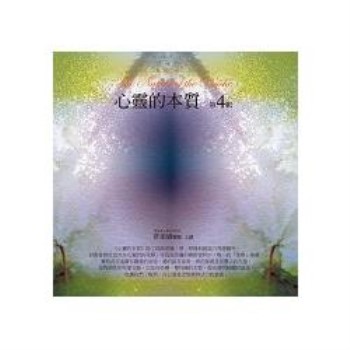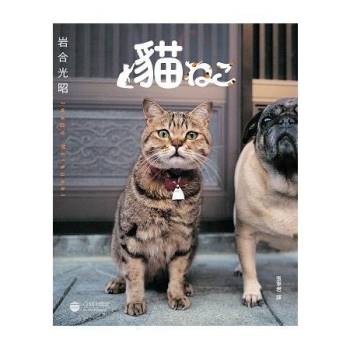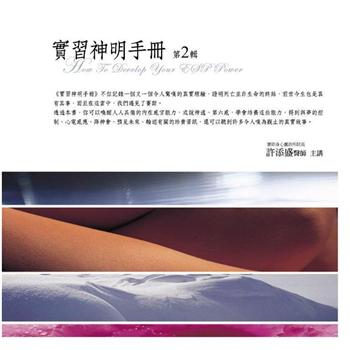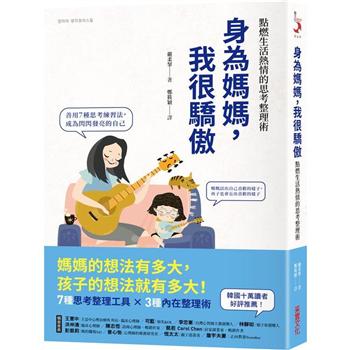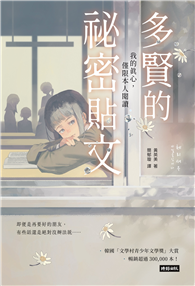Urban Roarargues for the existence of ’autonomous affectivities’ that roar beneath the din of the urban, seeking the attention of us humans so captured by the environments of our own making. In hearing the urban roar, it is the mythic intention of this book to discover ways in which we can work with the intensities of more-than-human forces to vitalize our cities. The book explores methods by which artists, particularly those sound artists involved in fieldwork practices, might encounter and translate autonomous affectivities between different environments. Of particular interest is Jung’s concept of synchronicity and its relationship to artistic creation - as experience, flow and catalyst - in manifesting autonomous affectivities into diverse and affective environments.
The book makes use of both theoretical and practical approaches: from a study of scholarship through which it is argued that an autonomous affectivity is equivalent to an archetype(via Jung) and an essence(via Deleuze’s reading of Spinoza), to theoretical considerations of the situated body in everyday contexts, to practical study of an artistic research experiment designed to reveal and index autonomous affectivities encountered during fieldwork practices, for the purpose of influencing urban design interventions. In this fresh analysis, Lacey reveals the possibilities in urban environments.
| FindBook |
有 1 項符合
Urban Roar: A Psychophysical Approach to the Design of Affective Environments的圖書 |
 |
Urban Roar: A Psychophysical Approach to the Design of Affective Environments 作者:Lacey 出版社:Bloomsbury Academic 出版日期:2022-02-10 語言:英文 規格:精裝 / 192頁 / 普通級/ 初版 |
| 圖書館借閱 |
| 國家圖書館 | 全國圖書書目資訊網 | 國立公共資訊圖書館 | 電子書服務平台 | MetaCat 跨館整合查詢 |
| 臺北市立圖書館 | 新北市立圖書館 | 基隆市公共圖書館 | 桃園市立圖書館 | 新竹縣公共圖書館 |
| 苗栗縣立圖書館 | 臺中市立圖書館 | 彰化縣公共圖書館 | 南投縣文化局 | 雲林縣公共圖書館 |
| 嘉義縣圖書館 | 臺南市立圖書館 | 高雄市立圖書館 | 屏東縣公共圖書館 | 宜蘭縣公共圖書館 |
| 花蓮縣文化局 | 臺東縣文化處 |
|
|
圖書介紹 - 資料來源:博客來 評分:
圖書名稱:Urban Roar: A Psychophysical Approach to the Design of Affective Environments
內容簡介
作者簡介
Jordan Lacey is a transdisciplinary creative practice researcher and research fellow in the School of Design at RMIT University, Australia, teaching creative practice research methods and sound studies. He is author of Sonic Rupture: a practice-led approach to urban soundscape design (Bloomsbury, 2016).
|
